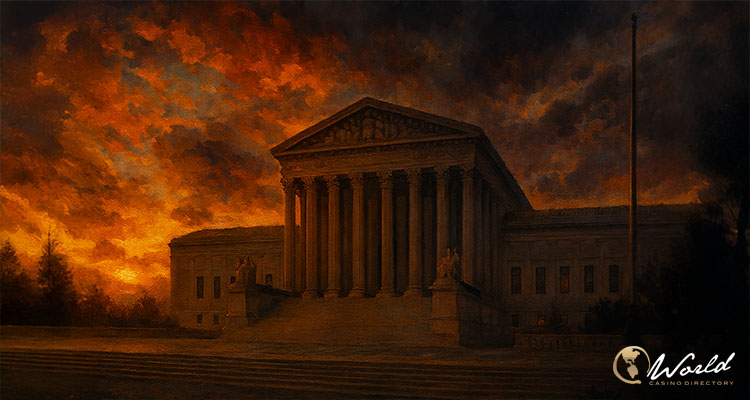The U.S. Supreme Court has decided not to intervene in the case Maverick Gaming v. United States and State of Washington, leaving the Ninth Circuit’s ruling intact. This decision reaffirms Washington’s tribal gaming laws under the Indian Gaming Regulatory Act (IGRA), a framework that has long been at the center of the state’s economic and legal landscape. By rejecting Maverick Gaming’s appeal, the Supreme Court has delivered a clear message: Washington’s model of state-tribal cooperation in gaming is a sound and sustainable one.
A Key Victory for Tribal Sovereignty
For the tribes of Washington State, the Supreme Court’s refusal to hear the case marks a definitive win for tribal sovereignty. The Washington Indian Gaming Association (WIGA), led by Executive Director Rebecca George, celebrated the ruling, describing it as a “decisive win” for both the state’s tribes and the broader concept of tribal sovereignty across the nation. “This decision confirms that IGRA’s balance between tribes and states remains the law of the land,” George said.
The legal challenge arose from Maverick Gaming, a company that operates casinos in multiple states, including Washington. Maverick sought to alter the terms of Washington’s state-tribal gaming agreements, challenging the state’s framework that has long governed the relationship between tribal casinos and the state. The company, however, failed to sway the court, and the Ninth Circuit’s ruling remains in place, ensuring that Washington’s gaming laws continue as they have for years.
While the legal battle over Washington’s gaming laws may have concluded, Maverick Gaming’s financial woes continue. The company’s parent, Run It One Time LLC, filed for Chapter 11 bankruptcy protection in Texas. Public records reveal that Maverick’s leadership was involved in a maneuver to repurchase gaming assets placed into bankruptcy, a move that has caught the attention of tribal leaders in Washington.
WIGA’s George was quick to point out the contradiction between Maverick’s legal challenge and its financial maneuvering. “A bankrupt operator tried to rewrite federal law and is now maneuvering to repurchase the very assets it surrendered,” she remarked. “This self-serving maneuver underscores why Congress entrusted gaming to sovereign tribes and accountable state regulators, where integrity, auditing, and public benefit come first.”
The Role of Transparency in Washington’s Gaming Model
The continued success of Washington’s tribal gaming system rests on its transparency and strict regulatory oversight. Tribal casinos in Washington operate under a comprehensive system that combines both state and federal oversight, with regular audits and clear licensing processes. These measures have ensured that the gaming sector remains above board, generating significant revenue for the state.
According to WIGA, the state’s tribal gaming industry generates over $7.4 billion annually, supporting local economies and funding essential community services such as healthcare and education. This economic impact has been made possible not just by the state-tribal cooperation, but by the trust the system has built with regulators, stakeholders, and the public.
The Supreme Court’s decision has broader implications for gaming laws across the United States. While it primarily secures Washington’s model, it also sends a message to other states and tribal gaming operators: the balance between state and tribal sovereignty, as outlined in IGRA, remains a cornerstone of the nation’s gambling framework.
As the shutdown of the federal government enters its first full week, the nation’s highest court remains open for business. But the U.S. Supreme Court does not seem interested in addressing any issues of interest in Indian Country. In a lengthy order list released on Monday, the first day of the court’s new October 2025 term, the justices denied petitions in three pending cases, affecting everything from tribal sovereignty to sacred sites. “So remember the court hears probably anywhere from 50 to 70 cases per term, and it is asked to hear like 5,000 to 7,000,” said Melody McCoy, a staff attorney with the Native American Rights Fund, as reported by Indianz.com. “So it picks like 1 percent,” McCoy noted, emphasizing the discretion the court holds when selecting cases to hear.
The cases involve significant issues regarding jurisdiction and sacred sites, such as disputes over the sacred Oak Flat site in Arizona, where the federal government plans to allow a copper mine to be developed. The Apache Stronghold organization has been fighting to preserve the site, citing religious freedom and environmental concerns. Despite efforts by the grassroots group to raise the issue with the U.S. Supreme Court, the justices denied their petition, continuing the long-standing legal battle over the land’s future.


